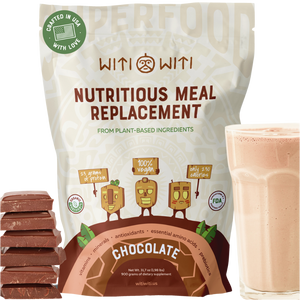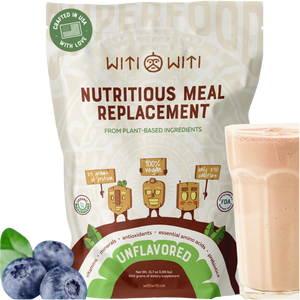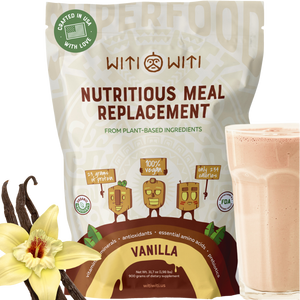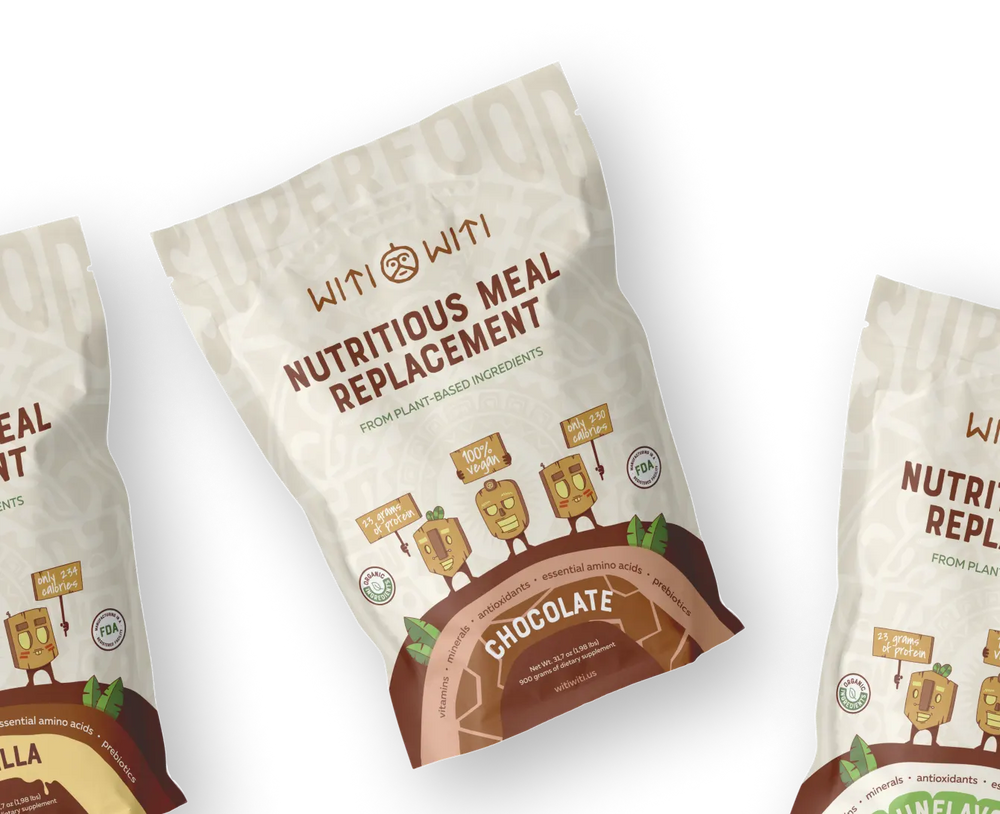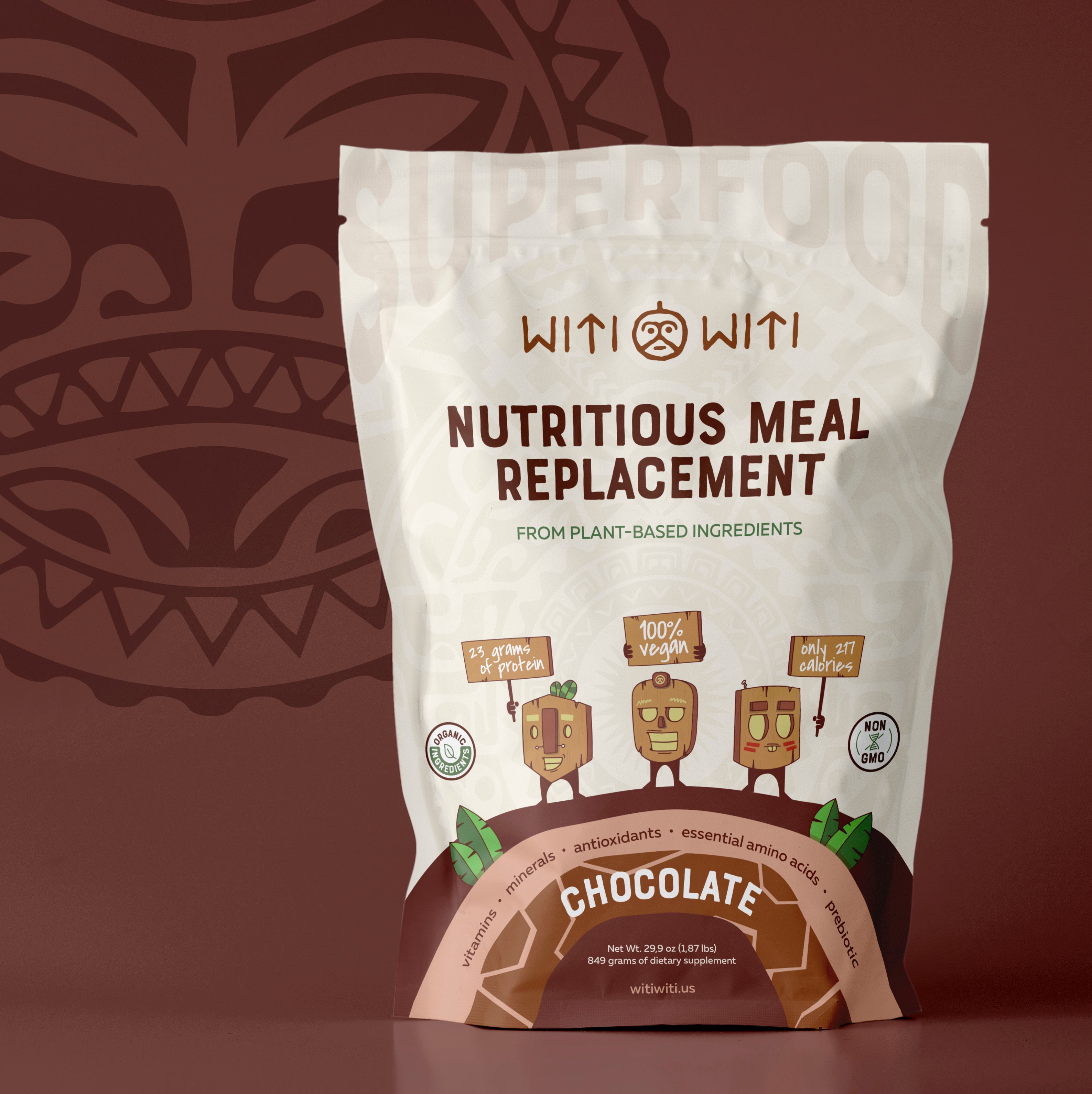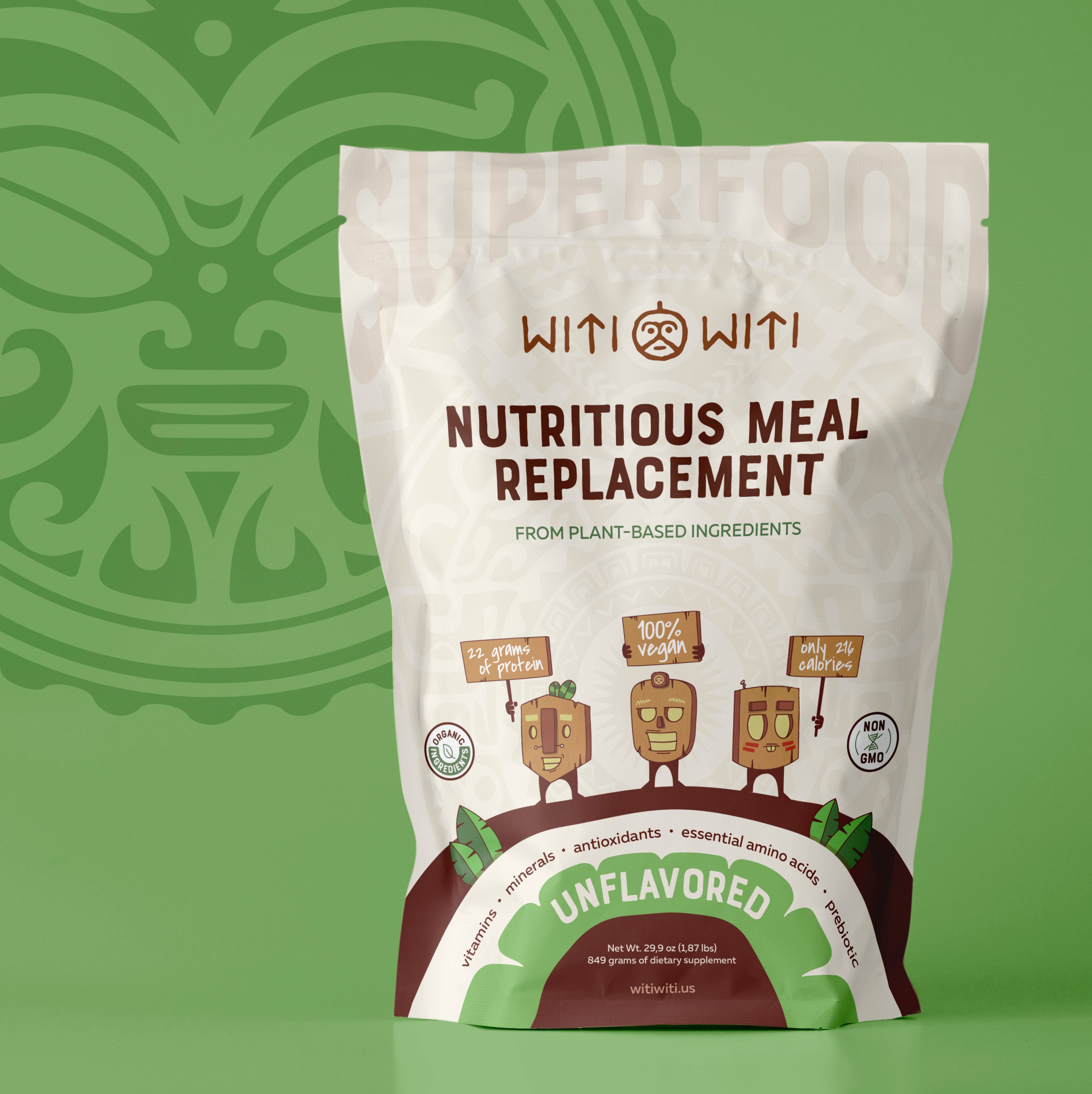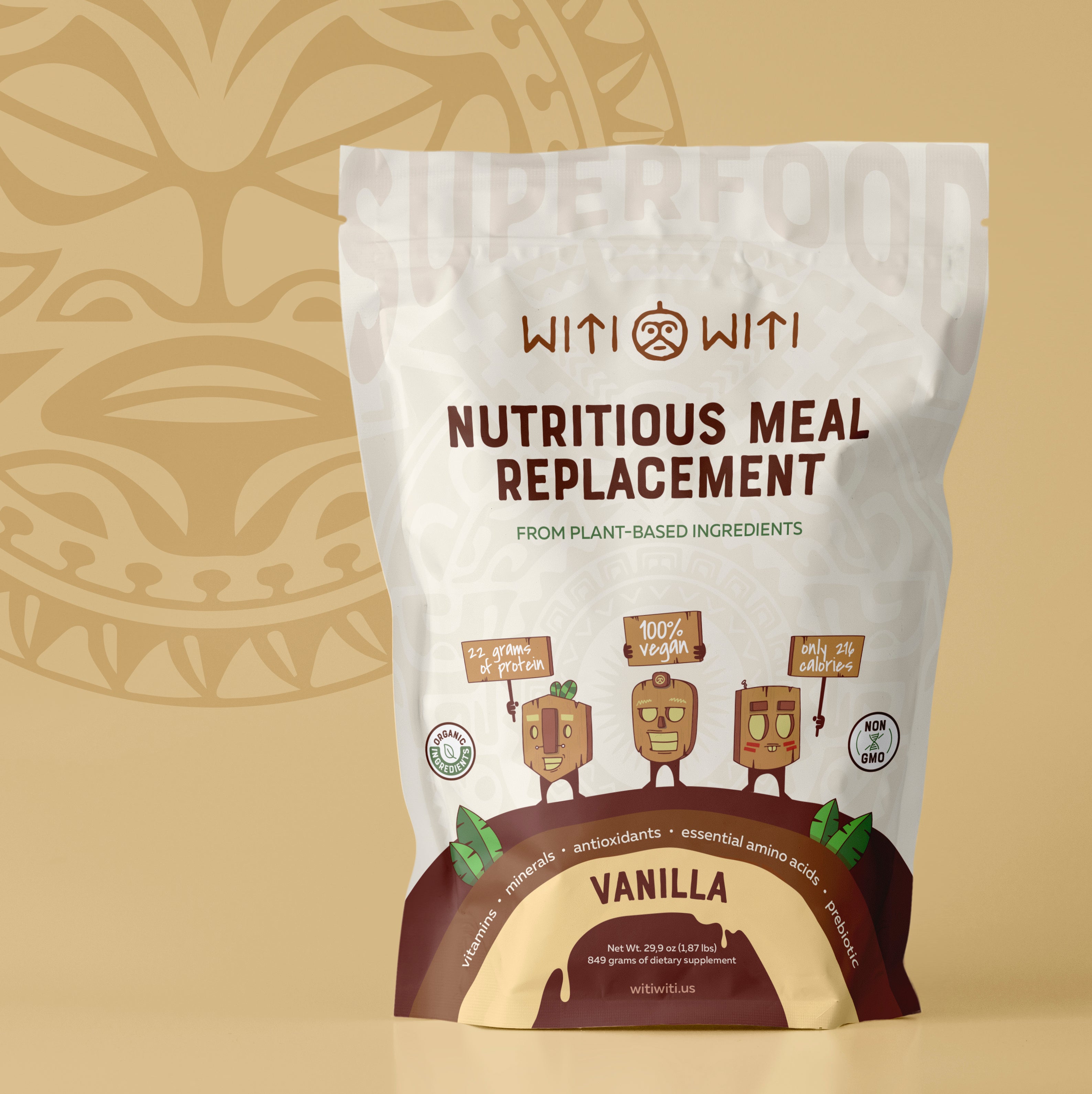Proteins are essential nutrients that play a vital role in the human body, serving as building blocks for muscles, enzymes, and hormones. They are made up of amino acids, and among the 20 amino acids, nine are considered essential because the human body cannot produce them. A complete protein contains all nine essential amino acids in adequate amounts. In this article, we will discuss the significance of complete proteins, explore plant-based sources, and delve into why they are crucial for human health.
Importance of Complete Proteins
Complete proteins are crucial for maintaining overall health, as they provide the body with the necessary amino acids for proper functioning. These amino acids are involved in several processes, such as:
- Building and repairing muscles, tissues, and organs
- Producing enzymes and hormones
- Supporting a healthy immune system
- Promoting healthy hair, skin, and nails
- Contributing to neurotransmitter synthesis for optimal brain function
Plant-Based Complete Protein Sources
While complete proteins are commonly found in animal-based foods, there are several plant-based sources that also provide all nine essential amino acids:
Quinoa: A pseudo-cereal native to South America, quinoa is a versatile, nutrient-dense, and gluten-free option.
Buckwheat: Another gluten-free pseudo-cereal, buckwheat is high in fiber, vitamins, and minerals.
Soybeans: Foods derived from soy, such as tofu, tempeh, and edamame, are complete proteins and rich in other essential nutrients.
Chia seeds: These tiny seeds are not only a complete protein source but also high in omega-3 fatty acids, fiber, and minerals.
Spirulina: A nutrient-dense blue-green algae, spirulina offers a complete protein profile along with vitamins, minerals, and antioxidants.
Hemp seeds: High in protein, fiber, and healthy fats, hemp seeds can be easily incorporated into various recipes.
Note that combining different plant-based sources can also provide all essential amino acids, even if individual ingredients may lack some of them. Examples of complementary plant-based protein sources include beans and rice, hummus and pita, or peanut butter and whole-grain bread.
Why Complete Proteins Are Essential for Humans
The human body cannot synthesize essential amino acids, which makes obtaining them through diet crucial for overall health and well-being. While it is possible to acquire these amino acids by consuming various incomplete proteins, complete proteins provide a more efficient and balanced way of meeting the body's needs. This is particularly important for individuals with specific dietary restrictions, such as vegetarians and vegans, who may require more attention to their protein intake.
Moreover, the regular consumption of complete proteins can support various aspects of health, including:
- Enhanced athletic performance and recovery
- Improved immune system function
- Optimal brain function and neurotransmitter synthesis
- Healthy skin, hair, and nails
- Maintenance and repair of bodily tissues
